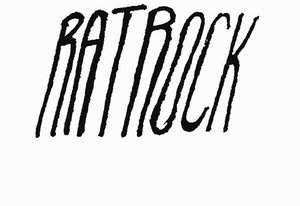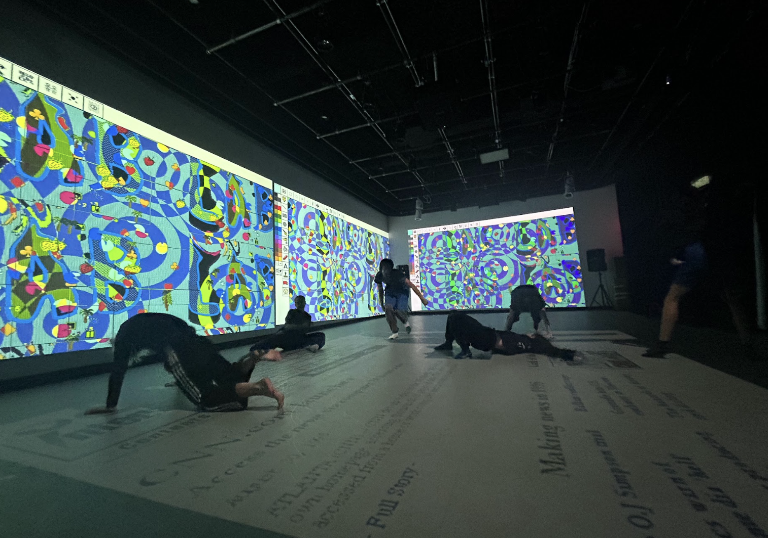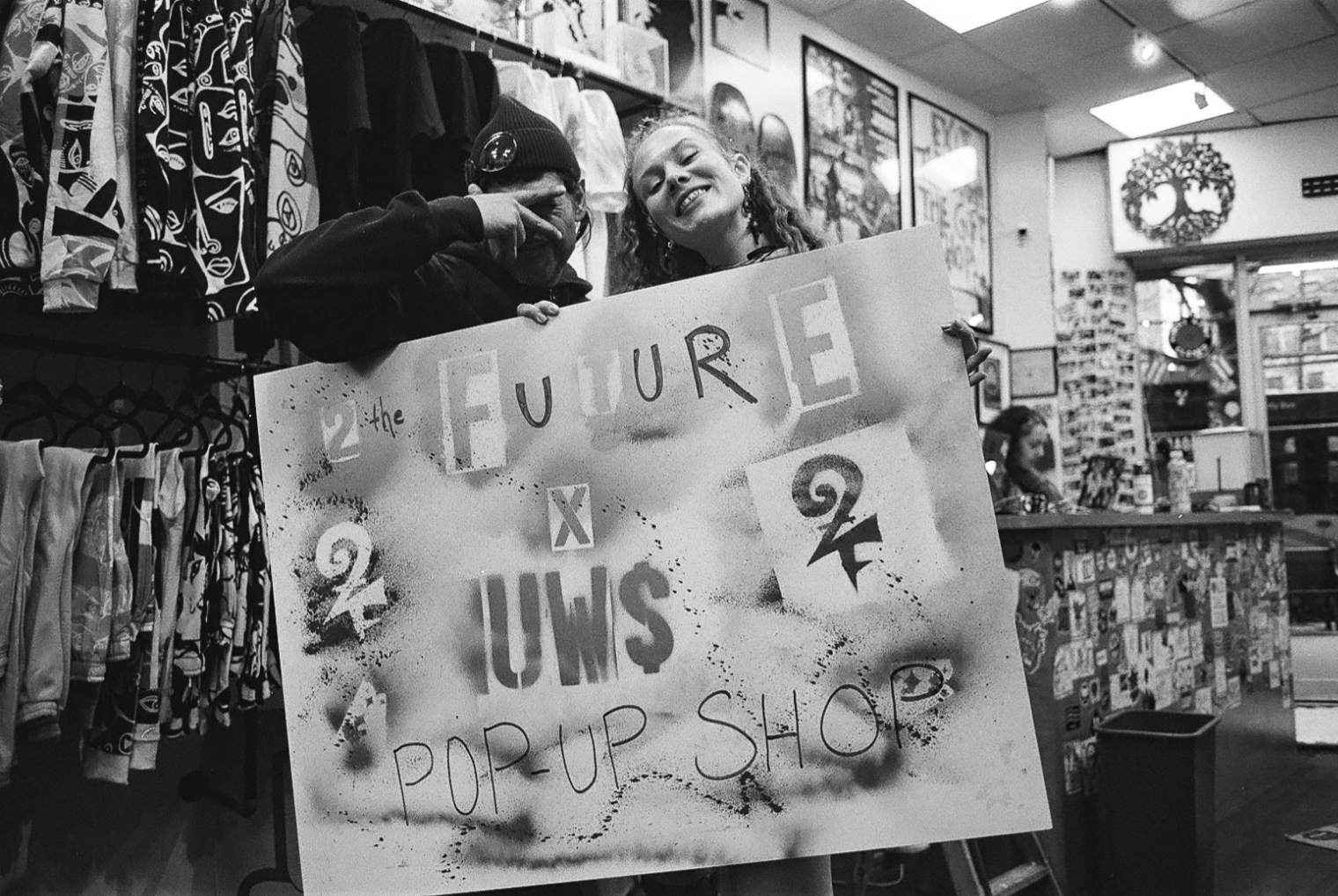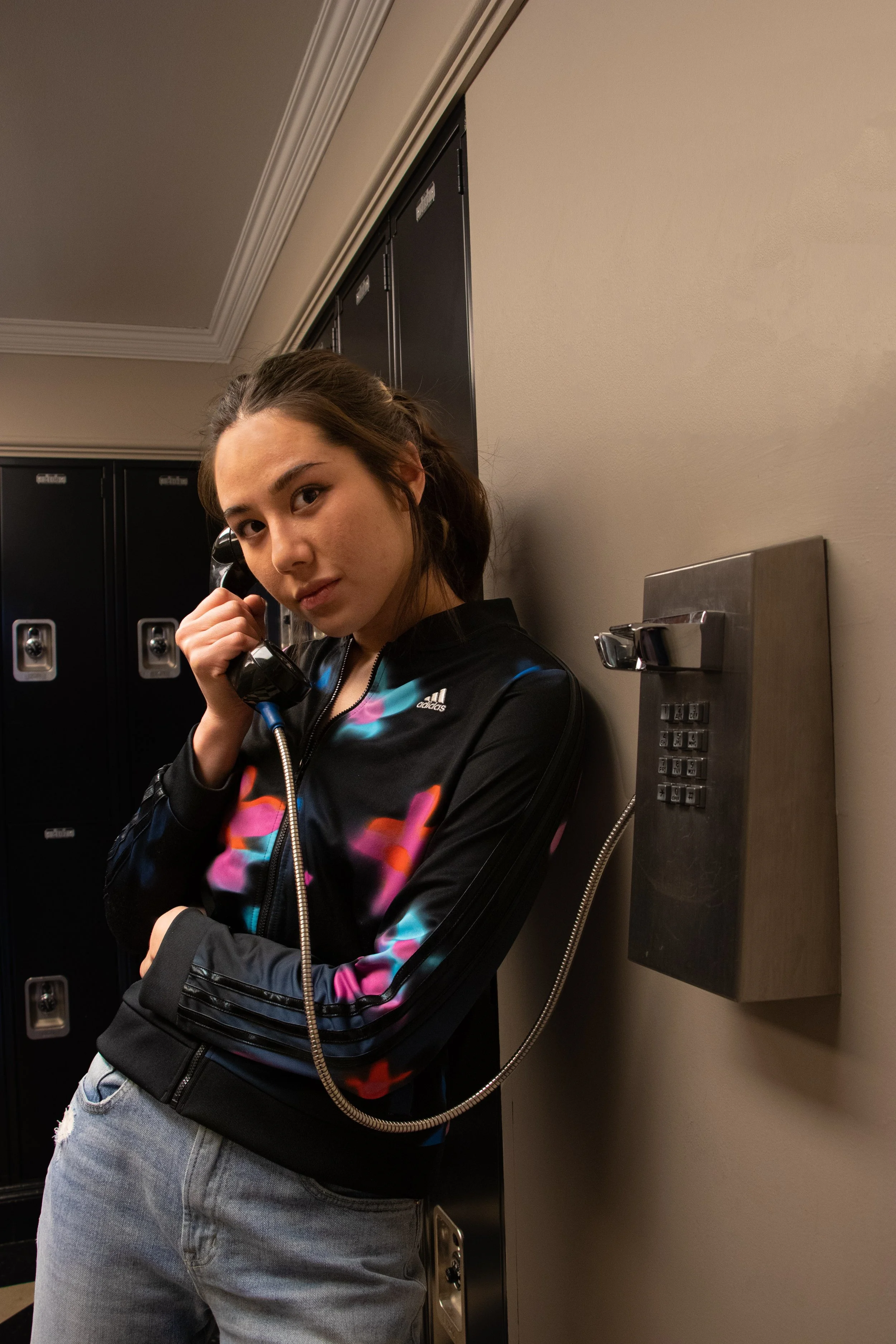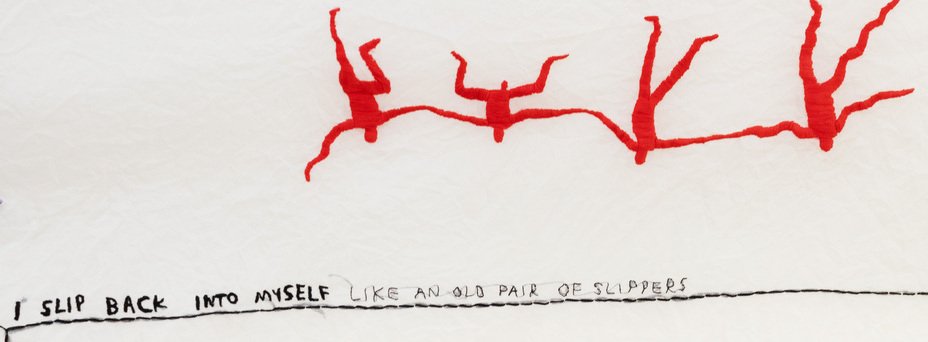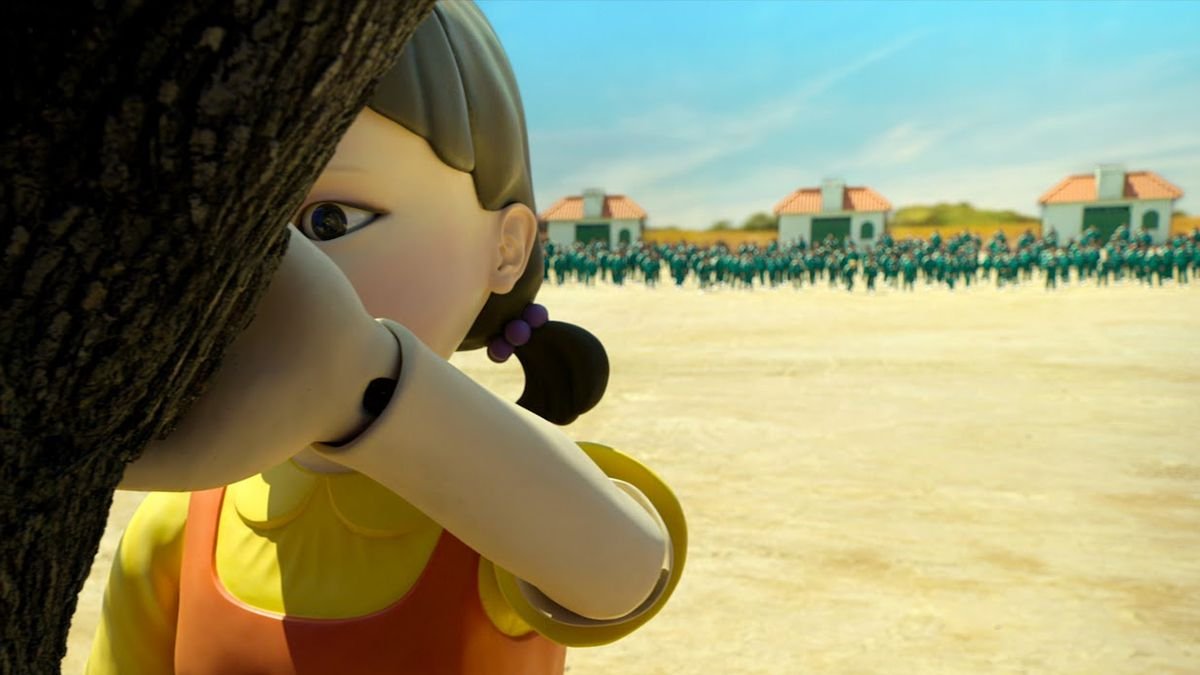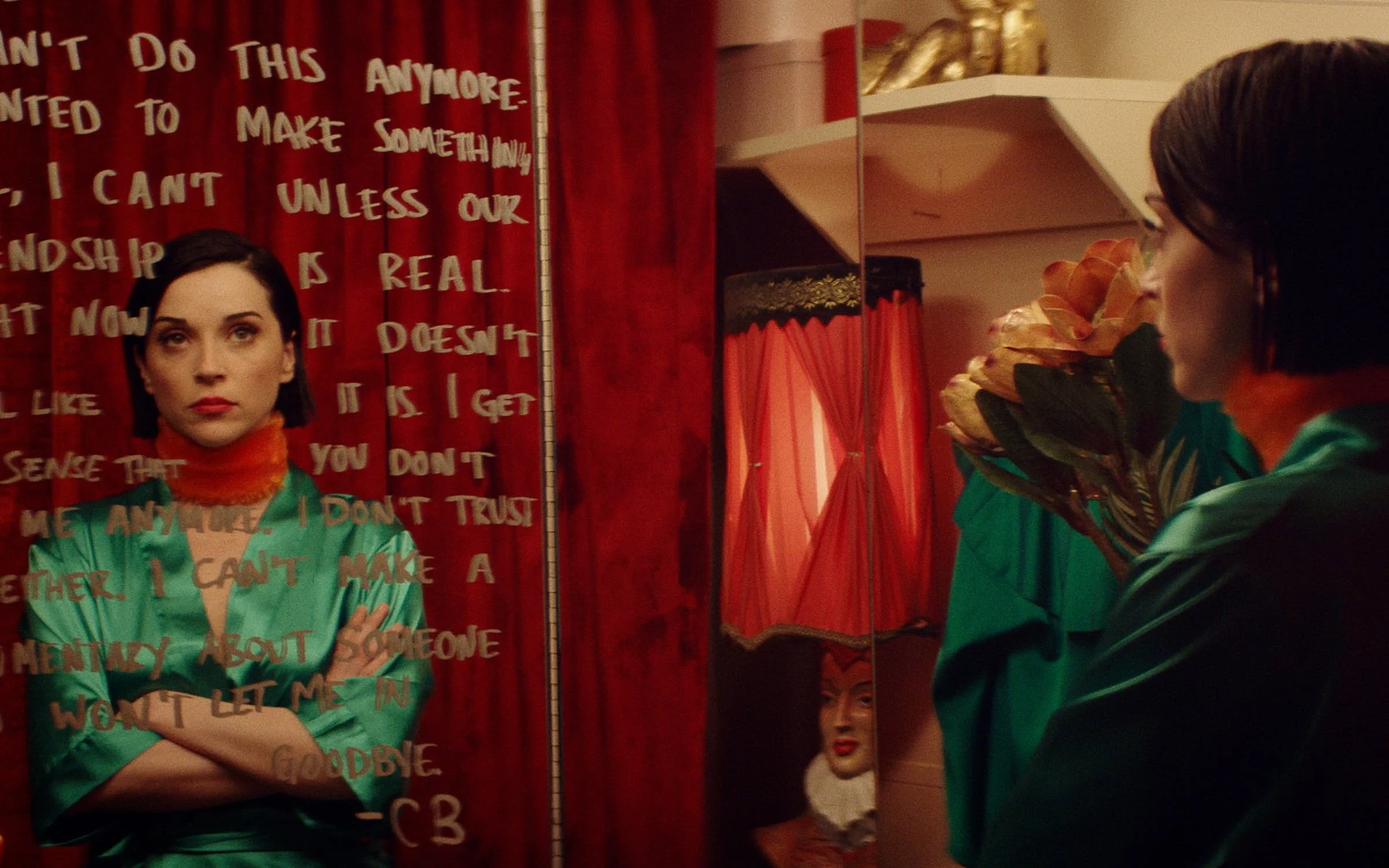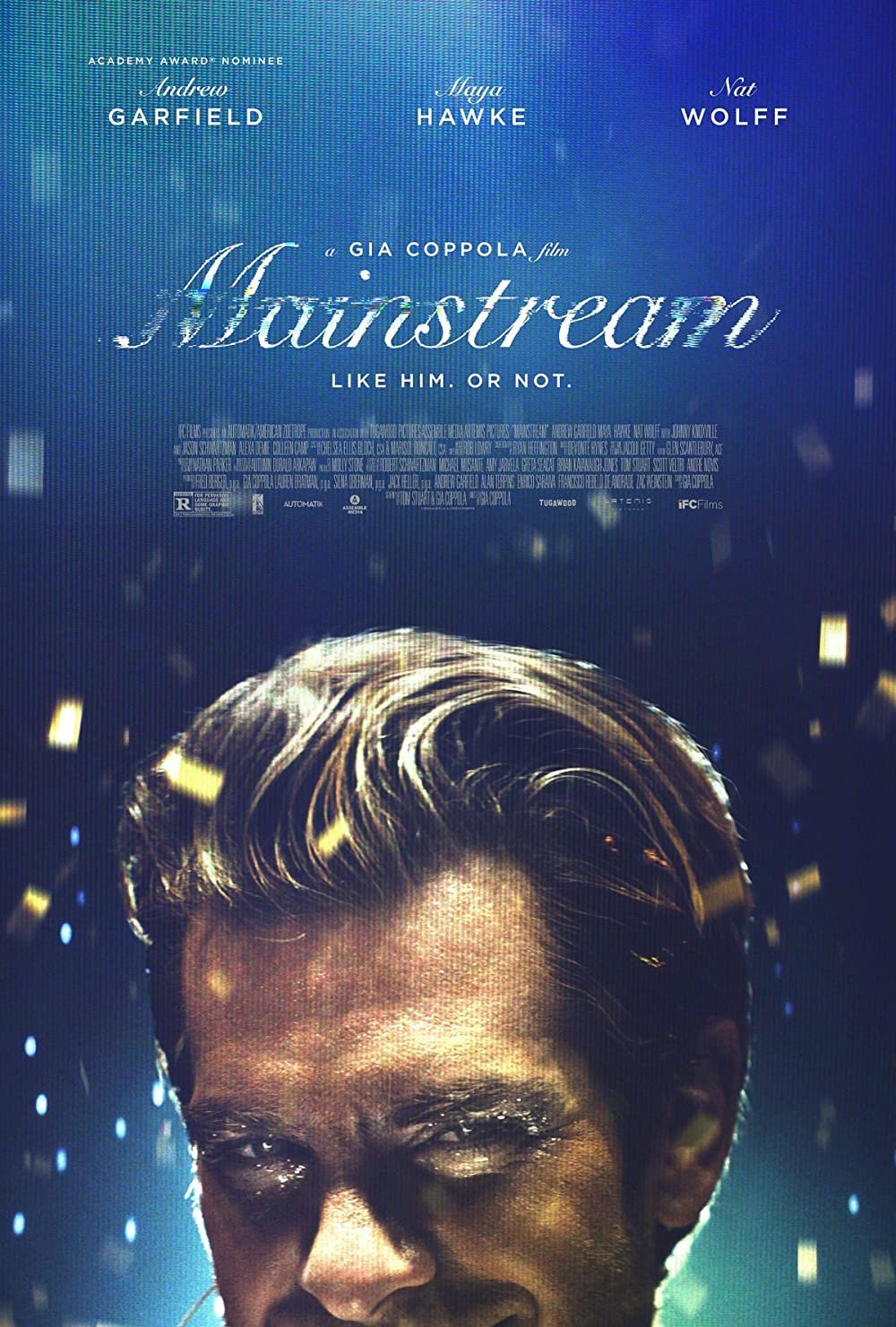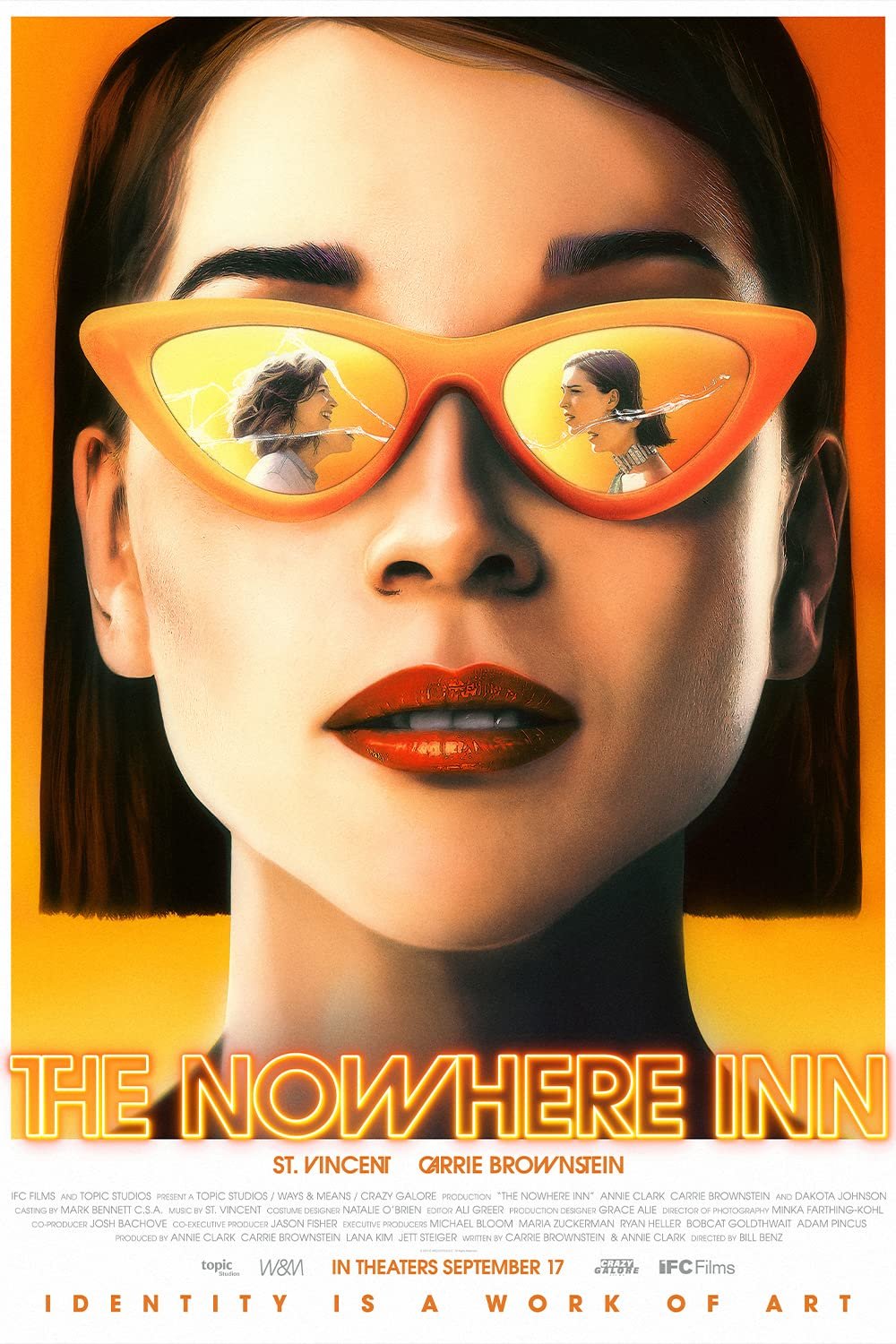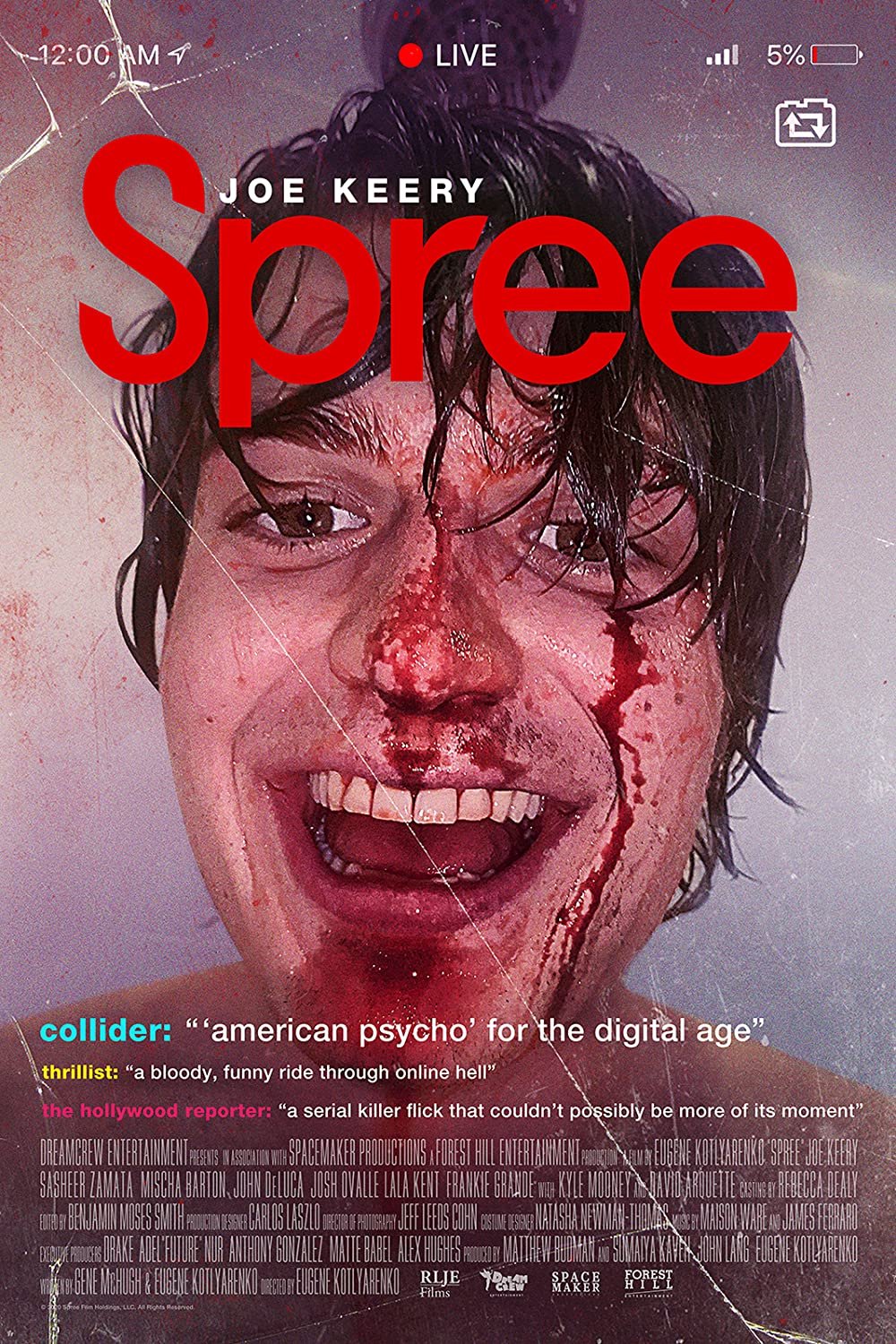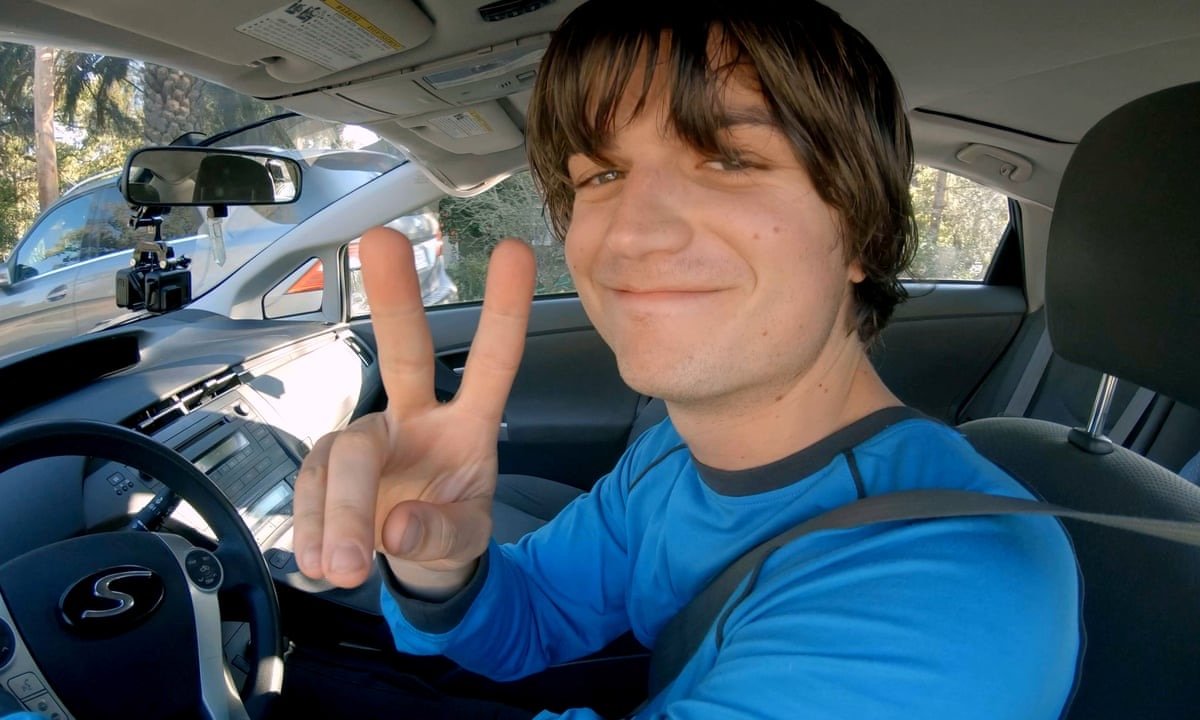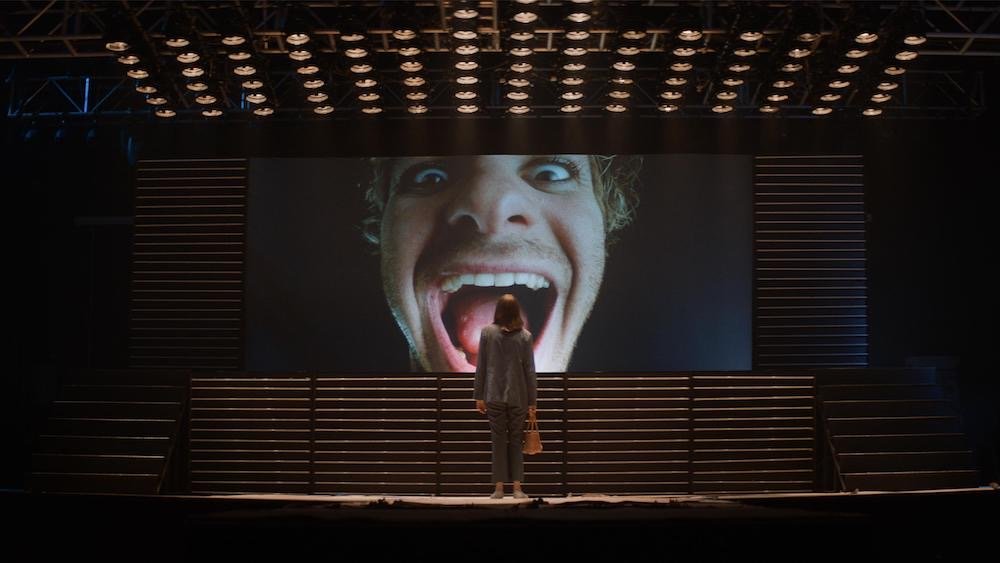Written by Sabrina Bohn
In Spree (2020), Mainstream (2020), and The Nowhere Inn (2021), the main character’s journeys center around social media, fame, and identity, and through their absurd–and sometimes violent–antics, each character faces the consequences of depending on external validation. These themes are more relevant than ever, and this piece explores what these movies can show us. Spoilers ahead!
“If you’re not documenting yourself,” a greasy-haired boy says to his livestream with less than 5 viewers, “then you just don’t exist.” This line, spoken in Spree (2020), hauntingly foreshadows the rest of this movie as Kurt Kunkle (Joe Keery) goes to extreme lengths to not only document himself but also gain a following.
If you have a phone, you most likely have felt the rush of adrenaline after hitting "Post” on Instagram or Twitter–watching the likes go up, seeing comment notifications, getting new followers. It’s a thrilling yet fleeting euphoria; racking up those likes only leaves you wanting more. In the past year, the dopamine chase of social media increased tenfold as we retreated from our normal lives into quarantine, isolation, and Zoom school, our social lives dependent fully on the Internet.
Coincidentally (or not), three movies released within the past year–Spree (2020), Mainstream (2020), and The Nowhere Inn (2021)–address the pervasiveness of the Internet and social media. On the surface, these three films seem completely different: a thriller about a murderous Uber driver, a drama about an influencer’s descent into madness, and a mockumentary about a musician’s identity crisis. However, these films do share similar themes such as identity, fame, and social media, which are incredibly topical in our overly online society. While most people do not go on a killing rampage as Kurt does in Spree, the idea that if you do not document yourself, you do not exist becomes a real fear in a society centered around social media. In the end, these movies show how distorted our view of reality becomes when we begin to depend on social media for validation.
In Spree, Kurt’s pursuit of fame through followers, likes, and subscribers forms the basis of the whole movie as his antics become more unhinged and violent. The beginning shows Kurt’s many unpopular YouTube videos over the years, from reviewing vape pens to vlogging about his boring life. Along with his abnormally greasy hair and awkward speech, we learn he has very few friends and a complicated and neglectful family. He is creepy, cringy, yet seemingly harmless; however, this changes as the audience is clued into his insidious plan to gain followers. As he livestreams during his rideshare job, the audience learns that Kurt injected poison in the water bottles he provides his passengers. Basically, Kurt plans to murder them to get more viewers. However, even after he kills multiple people on his livestream, he still does not gain many followers. This leads him to kill one of his only friends, Bobby (Josuha Ovalle), a much more popular influencer. Through this, he begins to gain more and more followers, yet he also comes closer and closer to getting caught. The absurd brutality and horror this movie depicts serves to show how much the desire for likes and followers can warp someone’s reality.
Still from Spree (2020)
An obsession with stats is also a significant element in Mainstream. The main character, Link (Andrew Garfield), starts the movie in a similar position to Kurt, alone and searching for purpose. Frankie (Maya Hawke), an aspiring filmmaker, meets him and, seeing a charisma beneath his aloofness, proposes that they make videos together. With the help of Frankie’s friend Jake (Nat Wolff), they begin to make bizarre videos of Link using the stage name “No One Special.” Although at first hesitant about making videos with Frankie, as Link sees his number of subscribers tick up, he becomes obsessed with his growing fame and outlandish persona. As he becomes more and more popular, the stunts he pulls for his videos and subsequent game show become more extreme and harmful, showing his slow descent into mania.
Still from Mainstream (2020)
In one instance, during a bizarre game show focused ironically around giving up social media, he bullies a girl (Alexa Demie) so severely that she dies by suicide. The ambiguity of Link’s feelings towards this situation only adds to his delusion as he continues to pursue fame. He ends up leaving Frankie and Jake behind, who he has grown close to, as they become uncomfortable with the way his influence has harmed people. His internet identity “No One Special” becomes so enmeshed with his real-life identity that it gets hard to tell when Link is performing and when he isn’t.
A similar enmeshment of identities occurs in The Nowhere Inn, as St. Vincent’s on-stage persona and real-life identity become progressively intertwined. The film begins with the introduction of best friends Annie Clark (a.k.a. St. Vincent) and Carrie Brownstein (playing herself), who are excited to begin their music documentary on tour. However, the movie takes a turn as Carrie begins to doubt her ability to make an engaging movie about Annie Clark who, in her free time, plays Nintendo Switch for hours and rants about the uselessness of dressing salads when she wants to taste the earthiness of vegetables. After Carrie explains her inability to make this documentary due to the disparity between Annie’s on and off-stage persona, Annie decides that she will become St. Vincent–the ethereal, musical genius that her fans see. Unfortunately, becoming St. Vincent leaves no room for Annie to be an actual human; instead, she becomes a facade of coolness with a lack of empathy. The extreme narcissism of St. Vincent leads Annie to begin to neglect her relationships. She constantly brushes Carrie off and even breaks up with her girlfriend in an attempt to make the documentary more dramatic.
Still from The Nowhere Inn (2021)
Despite the extreme differences in these movies, all three main characters end up in similar positions by the end of the movies: alone and completely altered by their pursuit of fame. They all start their stories with seemingly innocent intentions: Kurt wants to find the love and validation he lacks at home through the Internet. Link wants to become someone who can make a difference in the world by encouraging people to give up social media. St. Vincent wants to live up to her fans’ expectations and make an interesting and engaging documentary with her best friend. Although these characters begin with good intentions, the path they take to get there distorts their realities, making them believe that doing horrible things will get them what they desire.
What social media and the desire for fame ultimately teach us is that if we are not good enough–not pretty enough, interesting enough, funny enough–we will not be loved. While these films offer extreme versions of what can happen when people buy into this idea, what they allude to is the potentially harmful nature of social media, which preys on the human need for validation.
